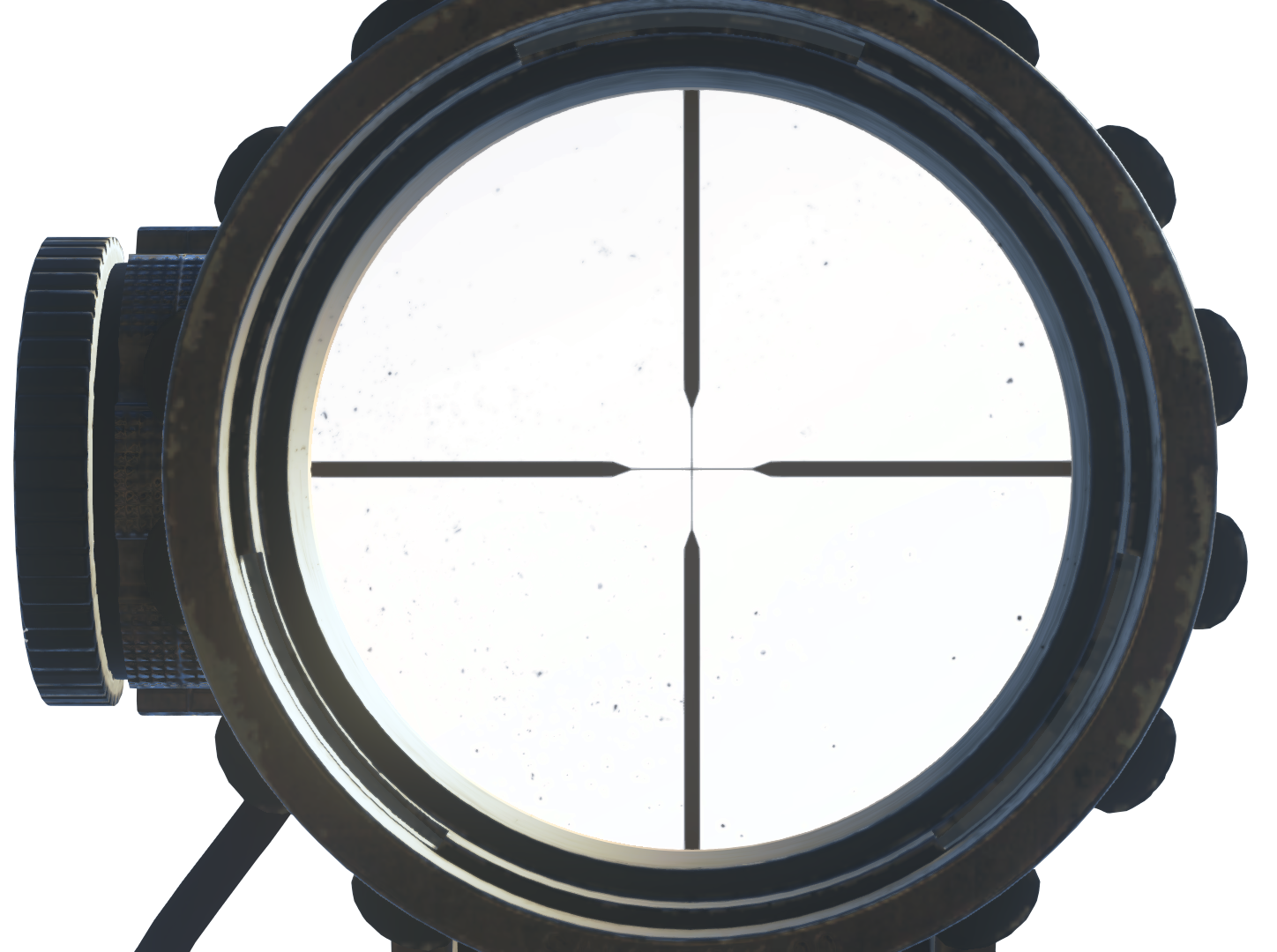As we delve into the enigmatic realm of quantum computing, an intriguing query surfaces: “What will the scope of quantum computers be in the future?” This question not only invites reflection on the trajectory of technological innovation but also prompts a deeper contemplation of the challenges and complexities inherent in harnessing quantum mechanics for computational prowess. The evolution of quantum computing represents both a monumental leap and a multifaceted challenge for scientists, engineers, and society at large.
To comprehend the future scope of quantum computers, one must first appreciate their foundational principles. Quantum computing fundamentally differs from classical computing through the use of qubits instead of bits. While a bit can represent a state of zero or one, a qubit can embody a superposition of both, allowing for a more complex and expansive range of calculations. This property, coupled with entanglement—the phenomenon where qubits can be interconnected such that the state of one instantly influences another—heralds a new epoch in computational ability.
As researchers overcome current technological limitations, the potential applications of quantum computers stretch into an array of fields. For example, in cryptography, quantum computers offer an unprecedented opportunity to revolutionize data security. Algorithms such as Shor’s algorithm pose a significant challenge to classical encryption methods by enabling the rapid factorization of large integers, which could render traditional RSA encryption obsolete. The future might not only necessitate new encryption techniques but could also see a paradigm shift in how we perceive and implement digital security.
Furthermore, quantum computing could redefine optimization problems, which permeate numerous industries. These problems, characterized by the need to find the best solution among a plethora of possibilities, could be addressed more efficiently. For instance, logistics companies could dramatically reduce costs and improve routing efficiency through quantum algorithms capable of handling complex variables and constraints that would typically overwhelm classical systems.
In addition to cryptography and optimization, quantum computing holds potential for breakthroughs in material science. Through the simulation of quantum processes, researchers could gain insights into molecular structures and interactions that are currently beyond our analytical reach. This capability could catalyze innovations in drug development, leading to the swift identification of new pharmaceuticals and the advancement of tailored treatments for specific illnesses.
Yet, with great promise comes substantial challenges. The delicate nature of qubits—susceptible to decoherence and noise—presents a critical hurdle to the practical implementation of quantum computers. Maintaining qubit states long enough to execute algorithms is a formidable technical challenge that necessitates innovative error correction and fault tolerance methodologies. As scientists strive to address these issues, the timeline for widespread adoption remains uncertain.
Moreover, the scalability of quantum computers is a pivotal consideration. While current quantum systems boast a limited number of qubits, expanding this number without compromising coherence and performance is a daunting task. Researchers are actively investigating various approaches, including superconducting circuits and topological qubits, each with its own merits and limitations. The convergence of different methodologies may ultimately dictate the future landscape of quantum computing.
Furthermore, an ethical dimension underlies the burgeoning capabilities of quantum computing. As these technologies advance, they introduce pivotal questions surrounding equity, access, and the potential misuse of power. The ability to decrypt information or optimize processes might be confined to a select few, leading to a digital divide that exacerbates existing socio-economic disparities. Consequently, the stewardship of quantum technology will require a concerted effort from stakeholders—including governments, academia, and industry—to ensure equitable access and responsible development.
In light of these considerations, what role will professionals in various fields play in the future scope of quantum computers? As the quantum revolution unfolds, interdisciplinary collaboration will be vital. Physicists, computer scientists, engineers, and ethicists must forge partnerships to not only expand the technological horizons of quantum computing but also address its societal implications. This cooperative spirit should extend into the realm of education, as the next generation of scholars must be equipped with the skills and ethical awareness necessary to navigate this evolving landscape.
As we ponder the long-term trajectory of quantum computing, it becomes evident that significant progress will hinge on successful integration into existing systems and infrastructures. Industries that embrace the potential of quantum computers must be prepared to adapt their operational paradigms to fully leverage the advantages offered by these powerful machines. Moreover, ongoing investment in research, education, and public engagement will play an essential role in demystifying quantum technologies and fostering a broader understanding of their implications.
In conclusion, the future scope of quantum computers is indeed promising but fraught with challenges that require careful navigation. The interplay between technological advancement, ethical considerations, and interdisciplinary collaboration will shape the narrative of quantum computing in the years to come. As we embrace this journey into the quantum frontier, the question remains: Are we ready to harness the potential of quantum computing in a manner that advances humanity as a whole, or will we falter in the face of unprecedented power?












